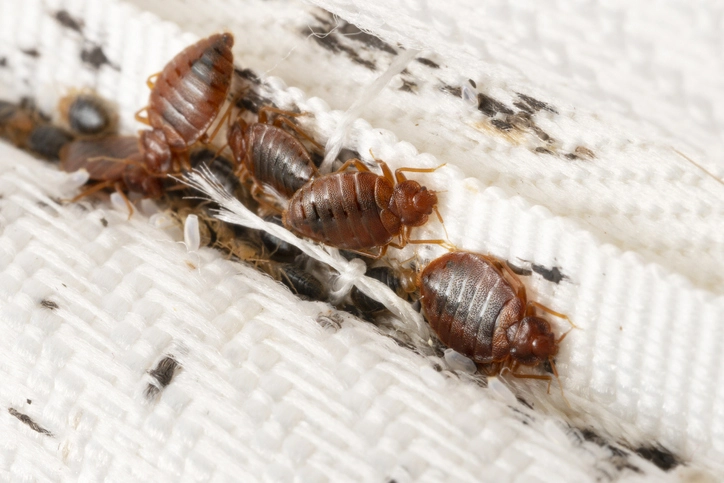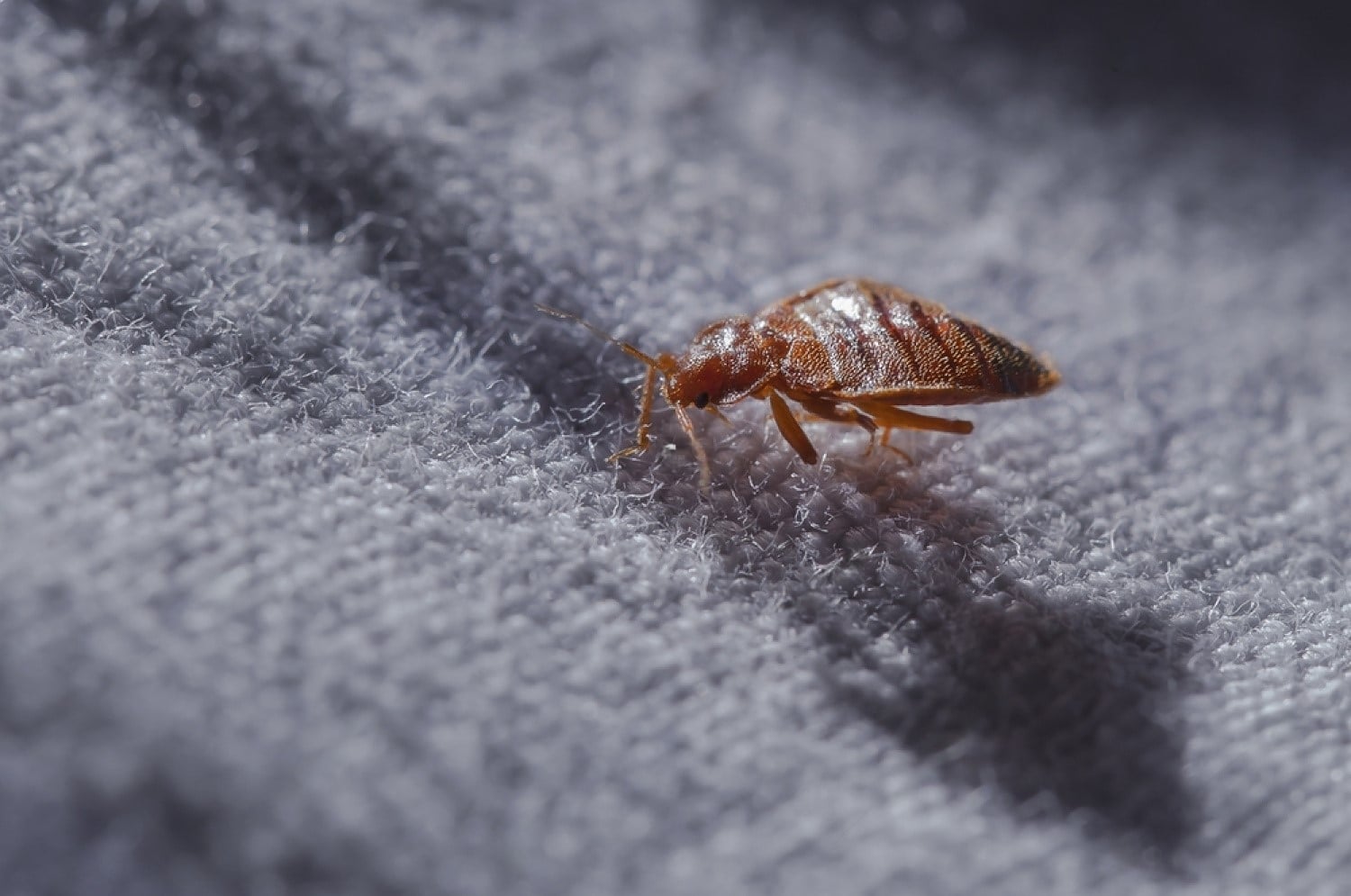Understanding the Lifecycle of Parasites for Targeted Control Approaches
Understanding the lifecycle of pests is a basic aspect of reliable parasite management methods. Through a deeper understanding of how pests flourish and progress, tailored control techniques can be developed to address certain factors in their lifecycle, eventually leading to even more successful insect management outcomes.
Relevance of Understanding Bug Lifecycle
Recognizing the lifecycle of bugs is necessary for developing efficient and targeted control methods in insect administration. By understanding the various stages a parasite goes via from egg to adult, bug control specialists can recognize vulnerable points in the lifecycle where treatment can be most successful. Knowing when larvae are most energetic can aid identify the optimal timing for using larvicides. Furthermore, comprehending the lifespan of an insect varieties can help in forecasting population growth patterns and possible invasion dangers.
In addition, acknowledging the details ecological conditions necessary for each phase of the pest's lifecycle can direct choices on habitat modification or exclusion approaches to interrupt the lifecycle and minimize insect populaces. This knowledge makes it possible for pest monitoring experts to carry out aggressive actions as opposed to relying solely on reactive treatments, causing even more sustainable and long-lasting parasite control remedies. Ultimately, a comprehensive understanding of pest lifecycles empowers pest control professionals to customize their strategies effectively, maximizing and minimizing ecological impacts control end results.
Secret Phases in Pest Growth
To properly execute targeted control strategies in parasite management, a vital element hinges on comprehensively identifying and comprehending the crucial phases in insect growth. Insect development normally contains a number of vital phases that are crucial for their lifecycle and administration. The initial stage is the egg phase, where parasites lay eggs that later on hatch out into larvae. Larvae then proceed into pupae, a phase where they go through metamorphosis prior to becoming adult parasites. Comprehending these stages is crucial as it aids in determining susceptible points in the lifecycle where control steps can be most efficient.

Susceptabilities in Bug Lifecycle
Throughout the various stages of a parasite's lifecycle, unique susceptabilities arise that can be purposefully targeted for efficient control actions. One vital susceptability hinges on the egg phase, where pests are often a lot more prone to specific insecticides or organic control representatives because of their soft external covering, making them easier targets for intervention. In addition, the larval or nymph phase presents vulnerabilities as pests undertake rapid growth and development, needing high energy consumption that can be exploited by disrupting their food resources or presenting development preventions. Pupal phases, characterized by stability and change, use a home window for targeted control with physical obstacles or certain treatments that prevent successful appearance. Lastly, grown-up pests, while a lot more resistant due to their reproductive capability, can still be at risk throughout breeding or egg-laying activities, which can be interrupted through pheromone traps or sterilization methods. Recognizing these vulnerabilities in the pest lifecycle is necessary for creating efficient and accurate control strategies that effectively take web link care of pest populations while lessening ecological influence.
Implementing Targeted Control Measures

Executing targeted control procedures typically includes a multi-faceted technique. This may include habitat adjustment to make the atmosphere less friendly to insects, visit this site right here such as getting rid of standing water for mosquito control or sealing entry points for rodents. Furthermore, organic control methods can be used, where natural killers or virus are presented to maintain bug populaces in check.
Chemical control, such as the mindful application of chemicals, is one more usual technique. It is essential to utilize these compounds deliberately to minimize environmental effect and possible injury to non-target varieties - A1 Bed bug exterminator houston LLC. Integrated Bug Administration (IPM) strategies that integrate different control procedures in a worked with and lasting fashion are often the most effective in achieving lasting pest management objectives. By implementing targeted control measures based upon a detailed understanding of bug lifecycles, pest populaces can be efficiently managed while reducing dangers to human health and the environment.
Boosted Bug Monitoring Practices

Furthermore, the consolidation of organic control representatives, such as natural predators or microorganisms of parasites, can help in reducing dependence on chemical pesticides and promote a much more well balanced ecological community. Applying physical barriers and catches can additionally belong to improved bug management techniques, providing non-toxic and targeted options for bug control. Additionally, the use of scents and various other semiochemicals can interfere with see pest breeding patterns and interaction, resulting in decreased bug populations with time.
Verdict
Finally, comprehending the lifecycle of parasites is vital for reliable insect administration approaches. By recognizing vital stages in bug growth and susceptabilities in their lifecycle, targeted control procedures can be applied to decrease parasite populaces. Improved insect administration techniques can assist reduce the dependence on broad-spectrum chemicals and promote more eco friendly and lasting parasite control methods. This expertise plays a crucial role in preserving healthy and balanced ecosystems and agricultural productivity.
Comprehending the lifecycle of insects is crucial for developing efficient and targeted control methods in parasite monitoring. By understanding the numerous stages a bug goes with from egg to grownup, pest control professionals can determine vulnerable points in the lifecycle where treatment can be most successful. Inevitably, an extensive understanding of pest lifecycles equips parasite control specialists to customize their techniques properly, lessening ecological influences and maximizing control outcomes.
By executing targeted control measures based on an extensive understanding of bug lifecycles, pest populaces can be effectively managed while lessening risks to human wellness and the atmosphere.
By identifying crucial phases in insect growth and vulnerabilities in their lifecycle, targeted control actions can be applied to lessen parasite populaces.
Comments on “Specialist A1 Bed Bug Exterminator in Houston - Efficient Solutions”